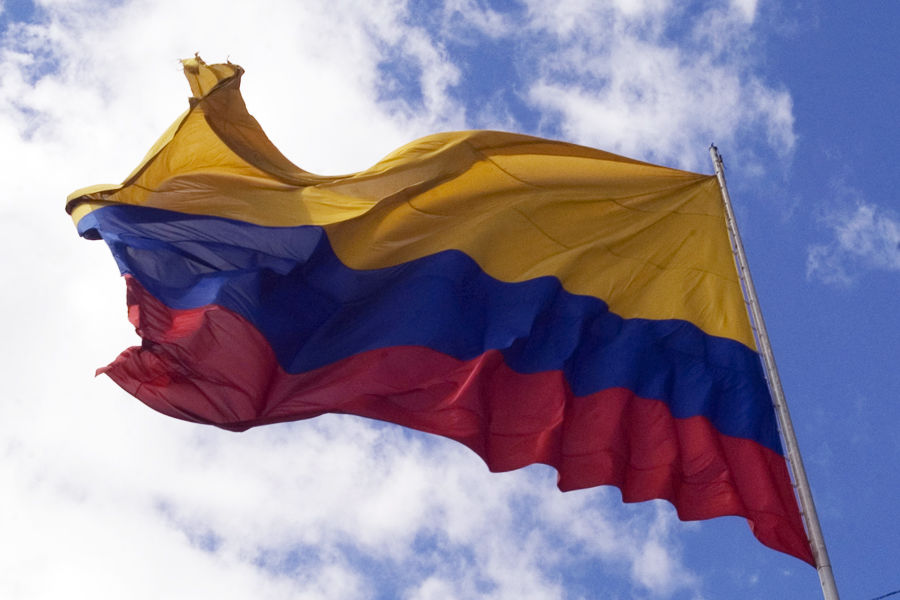Cartagena, Colombia, Sep 20, 2016 / 12:04 am (CNA/EWTN News).- Vatican Secretary of State Cardinal Pietro Parolin will visit Colombia Sept. 26 to mark the signing of a long-awaited peace agreement between the Colombian government and FARC rebels. It was announced Monday that Cardinal Parolin will visit Cartagena during the signing of the peace deal, which was agreed to Aug. 24 between the government of Colombian President Juan Manuel Santos and the country's largest rebel group, the Revolutionary Armed Forces of Columbia (FARC).
The deal is intended to end a 52-year conflict in the South American country. It will be signed Sept. 26 in front of a large group of diplomatic delegations and then submitted to a popular vote by the Colombian people Oct. 2. Cardinal Parolin's presence at the signing will fall immediately after his visit to the Sept. 13-26 U.N. General Assembly in New York City as the Holy See's Observer. During the assembly, he spoke at a Summit for Refugees and Migrants Sept. 19, and is expected to stay for a week before heading to Colombia.
Many have welcomed the peace accord, but some — including former president Alvaro Uribe — charge that it is too lenient on the FARC. The deal would incorporate some of FARC's leadership into the government in exchange for their disarmament and renunciation of kidnapping and drug trafficking. When the deal was initially signed, Pope Francis expressed his approval of the agreement in an Aug. 31 communique from the Vatican.
“(Pope Francis) reiterates his support for the goal of attaining the peace and reconciliation of the entire Colombian people, in light of human rights and Christian values, which are at the heart of Latin American culture,” read the communique, signed by Cardinal Parolin.
Pope Francis had declined an Aug. 12 invitation to appoint a representative to the committee in charge of selecting judges for the Special Jurisdiction for Peace, explaining that given “the universal vocation of the Church and the mission of the Successor of Peter as Pastor of the People of God,” it would be more appropriate for another party to fulfill this task.
The country is under a ceasefire, which came into effect after the peace accord was reached. The UN Mission in Colombia has had around 80 men and women on the ground throughout the country verifying and monitoring the peace deal. After the Sept. 26 signing, this number will increase to 200. Since 1964, as many as 260,000 people have been killed and millions displaced in Colombia's civil war. The Marxist FARC rebels and the Colombian government have been engaged in peace talks in Cuba since 2012. The conflict has engendered right-wing paramilitaries aligned with the government, as well as secondary rebel groups such as the National Liberation Army.

